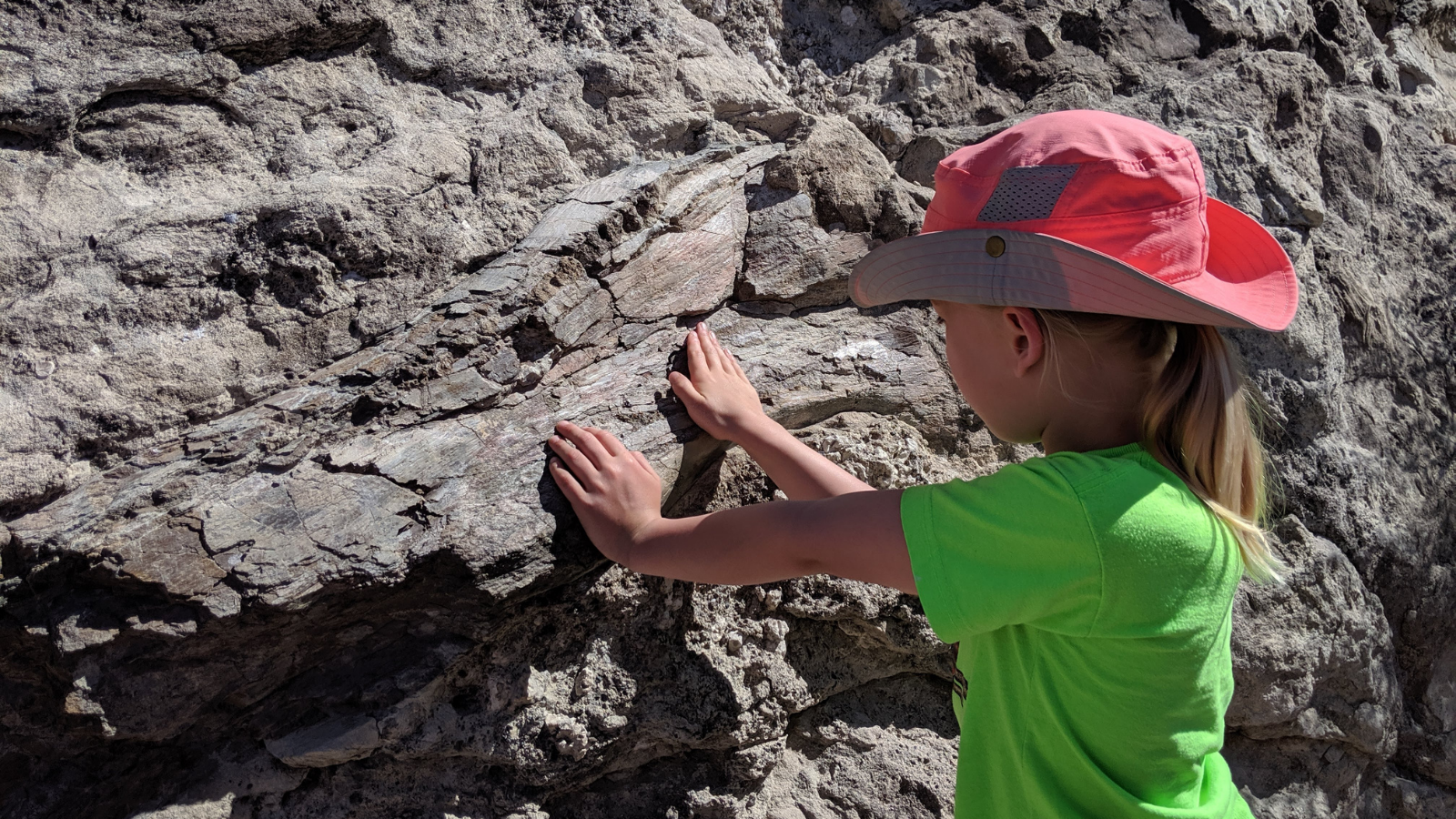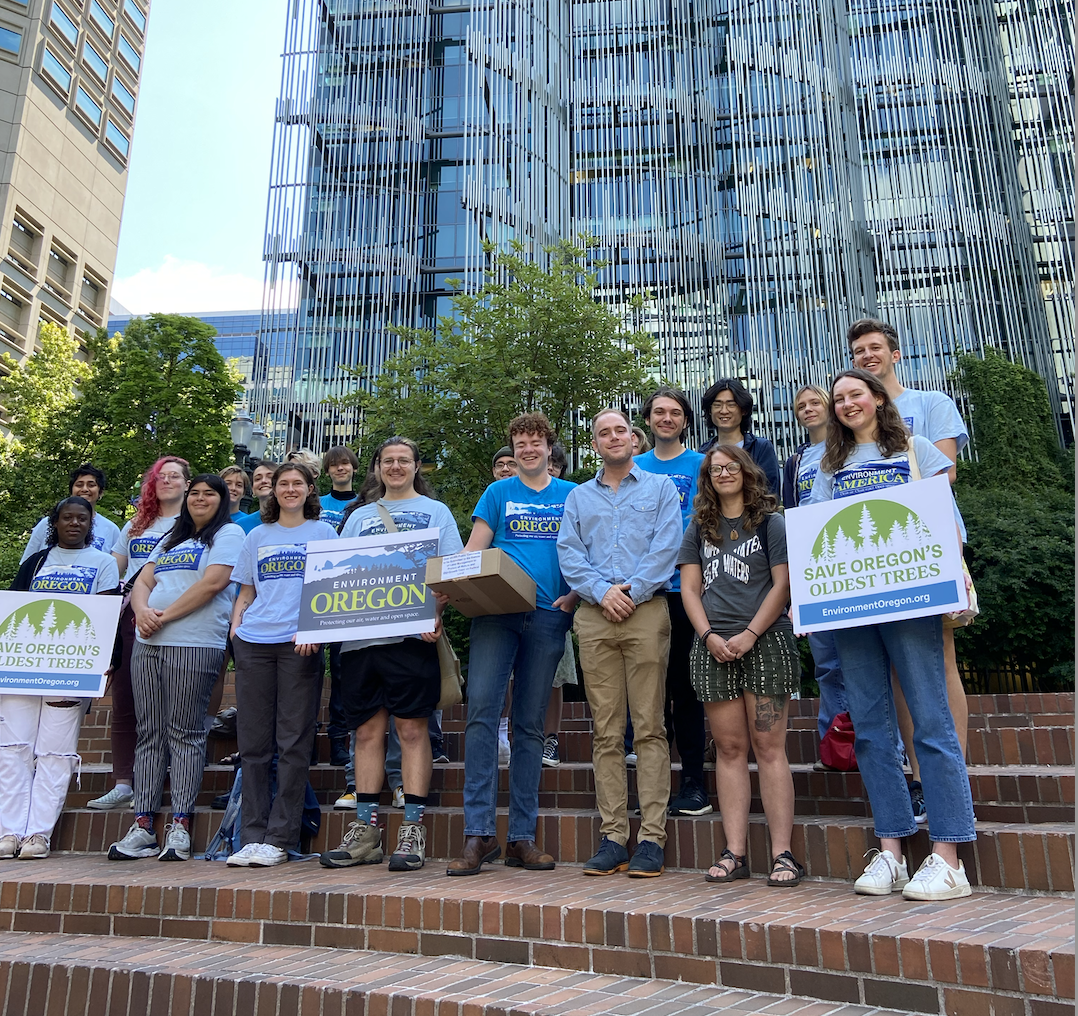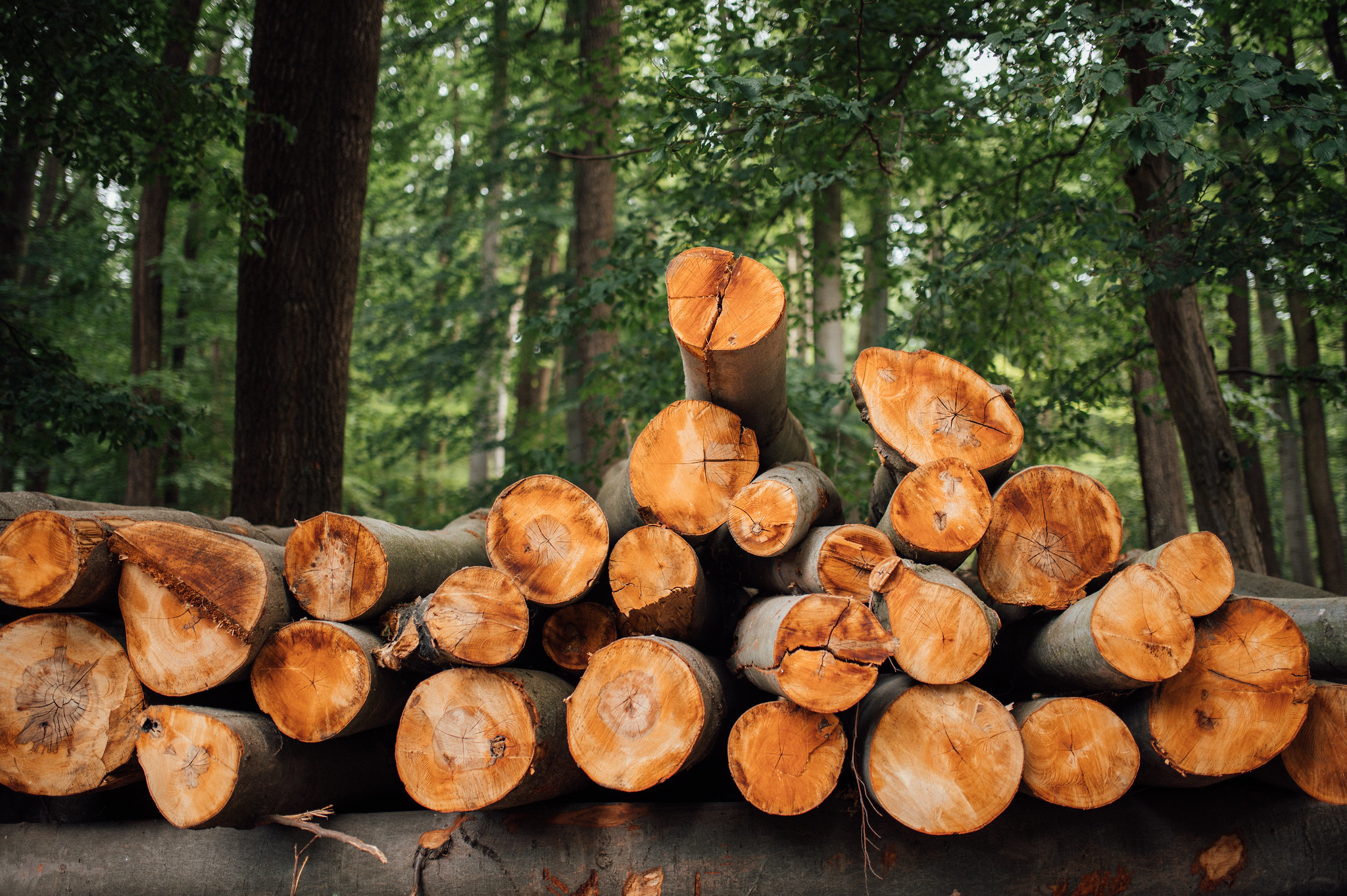
For history and dark skies, no drilling near Dinosaur National Monument
Drilling and development on decades-old lease could be greenlit by the Bureau of Land Management

There’s a reason that Dinosaur National Monument in Utah and Colorado has been protected for over a century. It’s a magical place where nature appears to stand frozen in time. Its sheer cliff faces are studded with dinosaur fossils; its millennia-old rock petroglyphs remain preserved in detail. And while the monument is harder to get to than some more visited public lands, the promise of seeing real fossils is a draw for aspiring young paleontologists (and their parents).
Photo credit: Staff
The hundreds of square miles of untouched wilderness and, at night, the dark star-studded skies, can make you forget that the civilization you came from even exists. More than 400 different species of mammals, birds, fish, reptiles and amphibians live in the monument today.
Photo: Bighorn sheep (National Park Service)
But now, human development could come crashing in: An oil and gas company is proposing to develop a decades-old lease right outside the monument’s boundary. This location, which is just a mile from the world-renowned fossil quarry — is the home to a sensitive wildlife habitat.
In the nearby Uinta Basin, tens of thousands of oil and gas wells have been sunk already. The basin is 30 miles from the monument — but the emissions still affect the park’s air quality, periodically causing this remote place to exceed federal Clean Air Act limits for ozone.
If this proposal goes through, new drills and pumpjacks wouldn’t be 30 miles away; they’d be so close to the park that they’d be in sight and earshot of visitors. The company applying to drill has even proposed using explosives to blast an access road.
Work lights could obscure pristine night skies; spills and accidents risk polluting the park’s two rivers, which feed the expansive Colorado River system; industrial traffic and drilling operations could degrade the park’s air quality even further.
At a time when we have the know-how to power our lives with renewable energy — when states across the country are committing to transitioning their electricity systems entirely devoid of fossil fuels — sacrificing another rare piece of wilderness to oil and gas makes no sense.
Topics
Authors
Ellen Montgomery
Director, Public Lands Campaign, Environment America
Ellen runs campaigns to protect America's beautiful places, from local beachfronts to remote mountain peaks. Prior to her current role, Ellen worked as the organizing director for Environment America’s Climate Defenders campaign. Ellen lives in Denver, where she likes to hike in Colorado's mountains.
Find Out More

Where in the world do leatherback turtles go?

We’re hiring interns who envision a cleaner, greener world

EPA report says pesticides endanger wildlife


